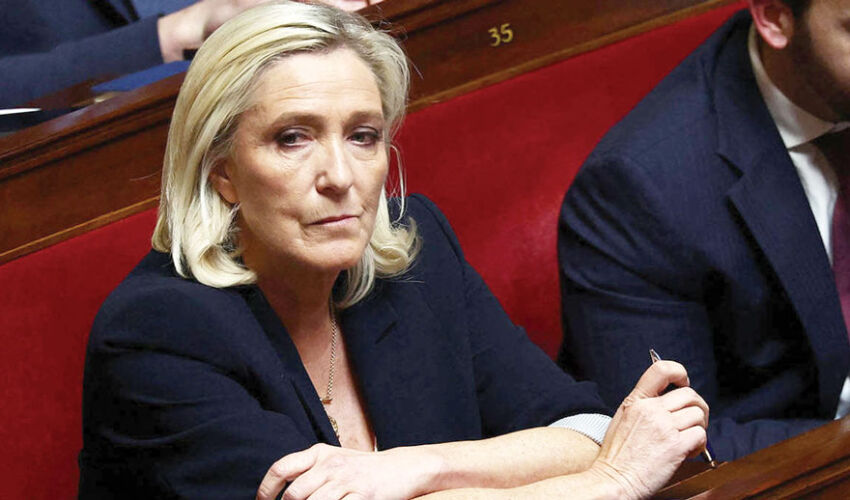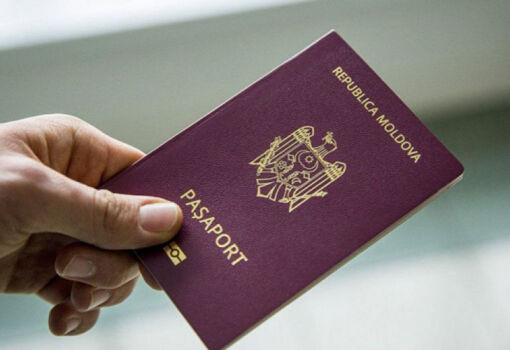
Le Pen intends to appeal the verdict, which is considered wrong not only by her supporters. Even impeccable liberals argue that it would have been better to let Le Pen run in the 2027 presidential election – so that the voters would be the judges. All these arguments about prioritizing politics over law are deeply flawed.
One argument echoes US Vice President J.D. Vance’s assertions that the European political elite supposedly does not trust its own people. According to him, the elite see no problem in overturning election results they don’t like. The recent Romanian presidential election, which was invalidated after far-right candidate Calin Georgescu won the first round, is cited as an example. After concluding that he had not “complied with the election regulations,” the Romanian election commission banned him from running at all.
But even without resorting to bans, the European elite keeps far-right parties out of power. The most important example of this now is the “firewall” in Germany: a pledge by major parties not to cooperate with the far-right Alternative for Germany (AfD), which came in second in the federal elections in February.
There is a categorical difference between punishing a particular candidate for illegal behavior and removing an entire political dish from the electoral menu. The latter is characteristic of approaches called “militant democracy.” They are most explicitly practiced in Germany. Here, an entire party is banned because its program and leadership seek to destroy the liberal democratic order.
One can argue about the legitimacy of such bans, since it is reasonable to fear that some actions intended to protect democracy may end up harming it. But in the case of Le Pen’s sentence, there is no such problem. Her party remains on the ballot, and while it has always been a family enterprise of the Le Pen clan, it would be strange to argue that, in order to protect democracy, it should continue to be so.
Furthermore, leniency towards popular politicians who have broken the law could be extremely detrimental to democracy. It would signal that there are figures who are above the law, such as in the United States, where the Supreme Court has granted President Donald Trump immunity from prosecution for any official action.
Some observers thought Trump would suffer after the numerous court cases he barely got out of (not to mention two impeachments), but his position has only strengthened. Trump’s second term has already become a parade of lawlessness, reflecting his belief that he himself is the law. Worse, many voters will conclude that Trump’s overall behavior is perfectly fine because elite institutions like the Supreme Court have actually said so.
People who are skeptical about the proper application of the law to populist leaders also argue that the sentences allow such politicians to portray themselves as martyrs, and this can boost their popularity. Le Pen has already declared herself the victim of a “witch hunt” by elites who want her “political death.”
But populist politicians always call themselves victims of a corrupt liberal elite that ignores “the people” and seeks to sideline their true representatives. The verdict, of course, can be presented to populist supporters as proof of a conspiracy of the elites. But this is not the reasoning of the court, but of the populists themselves.
Some might also fear that sentencing politicians who proclaim themselves elite fighters could undermine confidence in the judiciary and, in this particular case, reinforce the long-standing French distaste for the “government of judges.” But even here the critics are wrong: populists already routinely refer to independent judges as “enemies of the people.”
Instead of making unforced concessions to the rule of law, politicians (as well as lawyers, journalists, and academics) should argue that impartial courts are critical not only to doing justice, but also to maintaining what the judges in Paris called “democratic public order.”
Jan-Werner Müller,
Professor of Political Science at Princeton University.
© Project Syndicate, 2025.
www.project-syndicate.org













